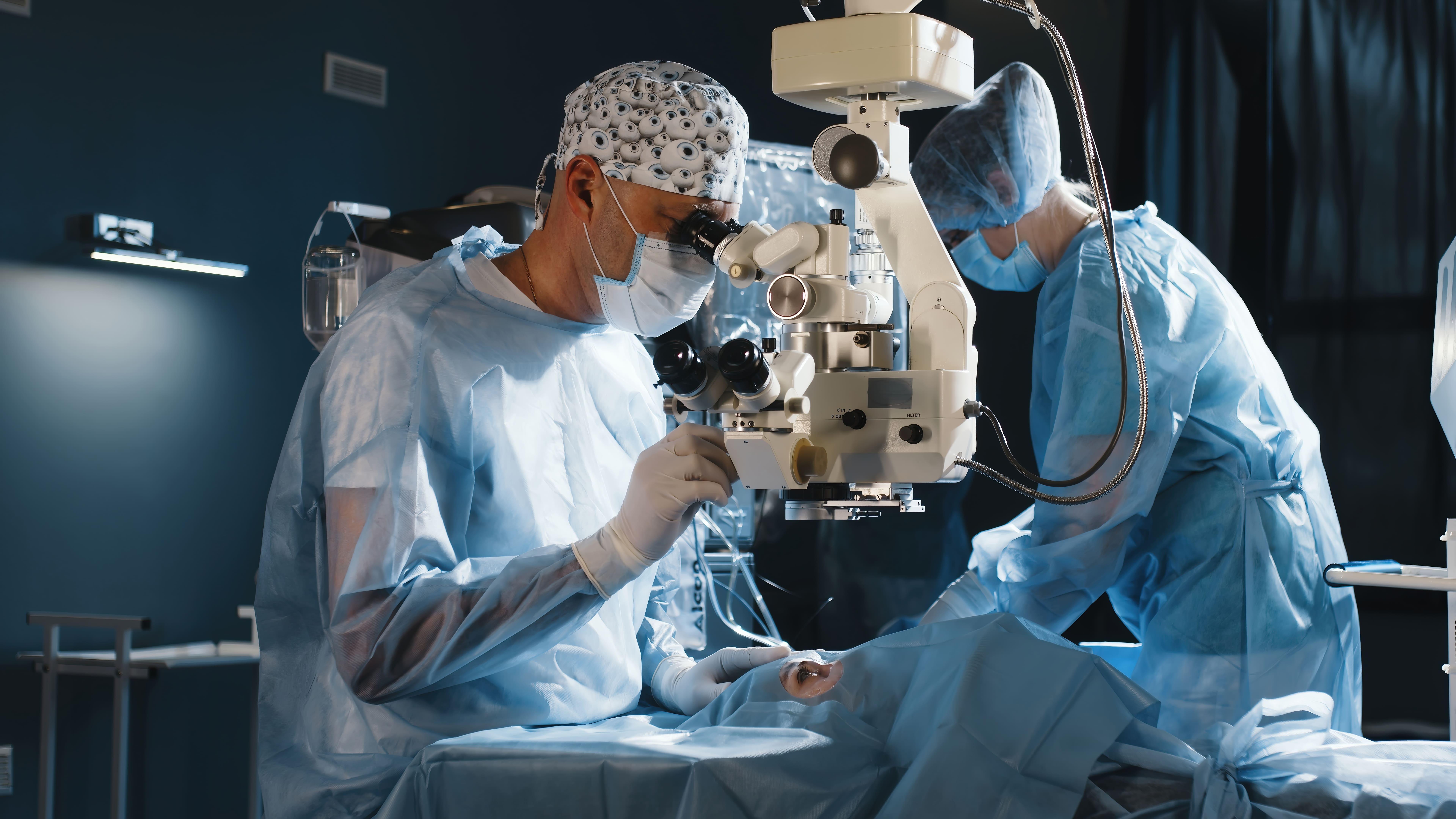BRIDGE Discovery projects focus on digital technology

Digital is in the spotlight in the 2025 BRIDGE Discovery call. Fifteen projects were approved this year, highlighting the wealth of Swiss research in digital fields.
108 project proposals were evaluated for the BRIDGE Discovery 2025 call. From the 25 consortia invited to give a presentation and take part in an interview, the SNSF and Innosuisse have selected to fund 15 innovation projects for a total of 22 million francs. The success rate of 14% for this ninth call is within the usual range.
Digital transformation well represented
Open to all types of innovation, the Discovery call brings together numerous researchers from different backgrounds. The interdisciplinary and collaborative approach of the projects is essential to meet the societal and economic challenges of their implementation. Seventy-one percent of projects were submitted by consortia of two or three partners from different research institutions. More and more projects have a digital component, such as the deployment of advanced software, targeted development of algorithms or the practical use of artificial intelligence. Nine of the funded projects are based on the development of a digital component. The evaluation panel was also pleased by the high level of participation in the social sciences and humanities and their relatively high success rate: The four projects approved out of the 16 applications submitted in this domain also have a digital dimension.
A new surgical procedure for high myopia
Conventional laser refraction procedures are not a viable option for people with high myopia or other eye conditions such as keratoconus that weaken the stability of the cornea. Philippe Büchler (University of Bern), Ferda Canbaz (University of Basel) and Dominique Pioletti (EPF Lausanne) propose an innovative approach to restore vision through the precise injection of hydrogel into the cornea. The deformation induced by the hydrogel reshapes the cornea and directly determines the visual outcome. Personalised treatment planning using specially developed software ensures accurate and predictable results. The long-term goal is to treat high myopia, a condition that is expected to affect nearly one billion people worldwide in the coming years.
A digital service for cancer risk management
Improving access to genetic care is a fundamental problem that makes the use of digital technologies particularly attractive for cost-effective care. Maria Kapapadi (University of Basel), Maria Caiata Zufferey (SUPSI), and Florina Ciorba (University of Basel) have developed the Family Gene Toolkit, a digital service that encourages communication within families about genetic cancer screening results and supports cascade genetic testing among at-risk parents. The integration of artificial intelligence-based features is a key element that will greatly improve clinical efficiency and personalisation for patients. It will facilitate clinical decision-making, increasing the efficiency of consultations and enabling patient follow-up, appointment scheduling, communication and long-term cancer risk management.
AI tools to facilitate access to justice
From complex legal language to high representation costs, there are many barriers to accessing justice. Aurelia Tamò (University of Lausanne), Yash Raj Shrestha (University of Lausanne) and Simon Mayer (University of St. Gallen) intend to support disadvantaged communities and people who find themselves in these difficult situations. In close collaboration with Caritas Switzerland, their BRIDGE project aims to enrich the current state of research and innovation by developing, validating and deploying legal artificial intelligence tools to legal specialists and laypeople. The project team will study human-AI adoption and collaboration strategies in the field of law, with the goal of optimising these collaborations and improving legal assistance to disadvantaged communities.
Launch of the 2026 call
The BRIDGE Discovery 2026 call will open to researchers from all disciplines in January 2026. Project proposals can be submitted until 28 April 2026.